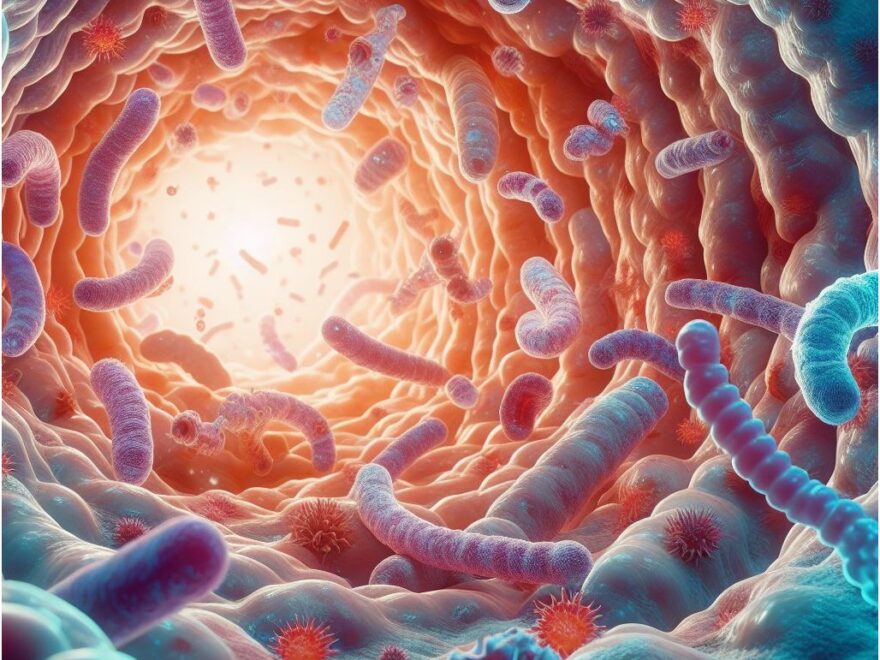SIBO, ? Bacterial overgrowth in the small intestine is a condition in which the amount of bacteria in the small intestine is higher. normal, which can result in symptoms such as bloating, abdominal distension, diarrhea, etc. abdominal pain. While the exact cause of? SIBO is not completely clear, it is believed that factors such as imbalance in the intestinal microbiota, motor dysfunction? small intestine, ? Can certain underlying diseases contribute? its development. How much? the prevention of? SIBO? Through dietary changes, there are certain approaches that could help. minimize the risk of developing this condition. One of the main goals of the diet to prevent SIBO is to reduce bacterial proliferation in the small intestine, as well as minimize gastrointestinal symptoms. Some changes in diet that could help? Preventing SIBO include: 1. Limiting consumption of foods rich in fermentable carbohydrates: Fermentable carbohydrates, such as those found in certain grains, legumes, fruits, etc. Vegetables, can be fermented by bacteria in the intestine, which could exacerbate bacterial overgrowth. Limit? Can avoiding these foods help? reduce the bacterial load in the small intestine. 2. Eat a low FODMAP diet: FODMAPs (fermentable oligosaccharides, disaccharides, monosaccharides, polyols) are specific types of fermentable carbohydrates that can trigger symptoms in people with SIBO. Avoid ? limit foods rich in FODMAPs, such as onion, garlic, certain fruits, etc. dairy, could be beneficial in preventing the development of SIBO. 3. Eat fermented foods: Some fermented foods, such as yogurt, sauerkraut, etc. Kimchi contains beneficial bacteria that can help you. balance the intestinal microbiota? potentially reduce the bacterial load in the small intestine. It is important to note that diet alone may not be enough to prevent SIBO, especially in people with underlying risk factors such as chronic gastrointestinal disorders, prior abdominal surgeries, etc. motor dysfunction of? small intestine. Therefore, it is crucial to work closely with a health professional, such as a registered dietitian. a gastroenterologist, to develop a comprehensive prevention plan that includes dietary changes, medical treatment if necessary, management of any underlying conditions.
